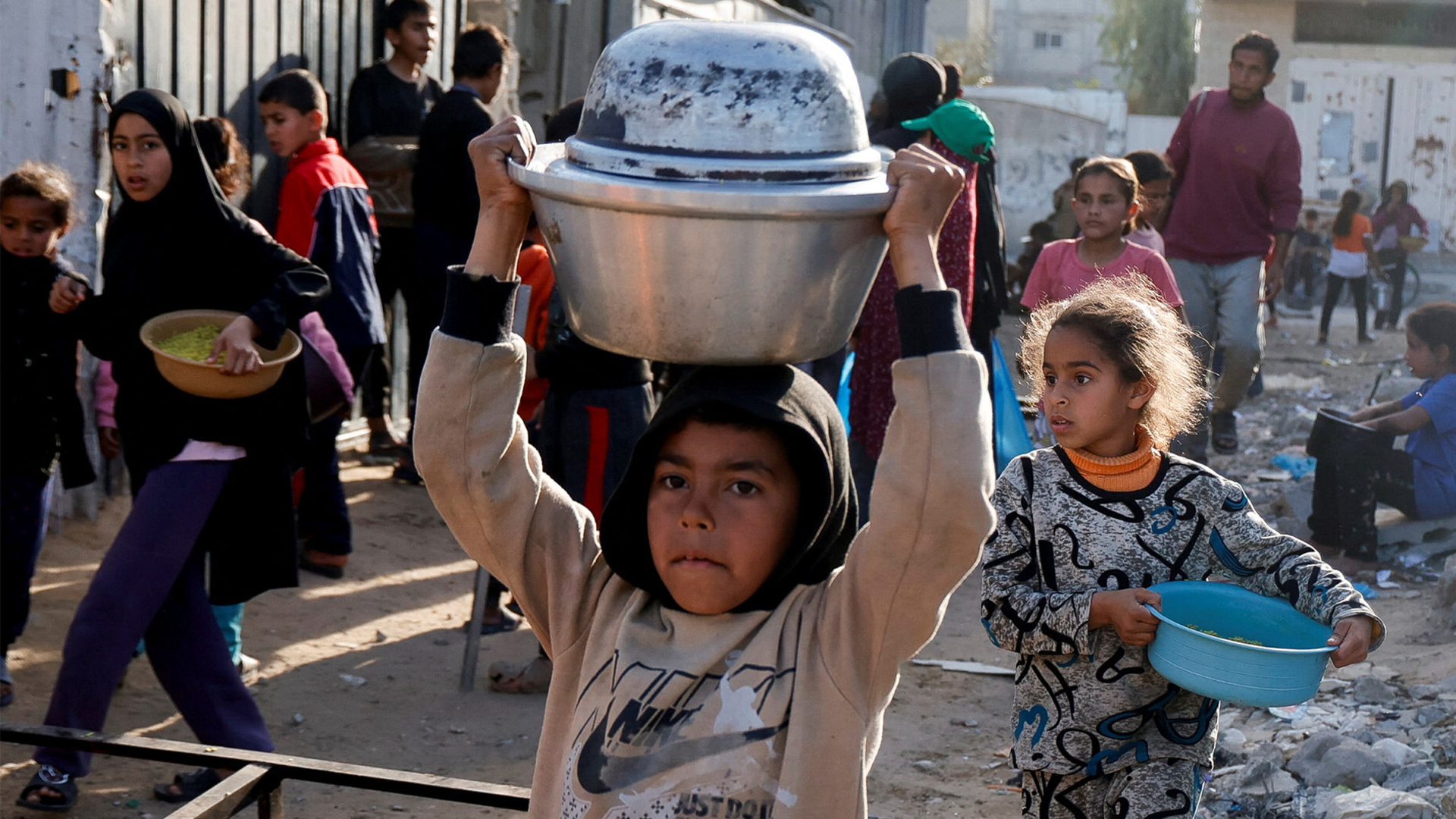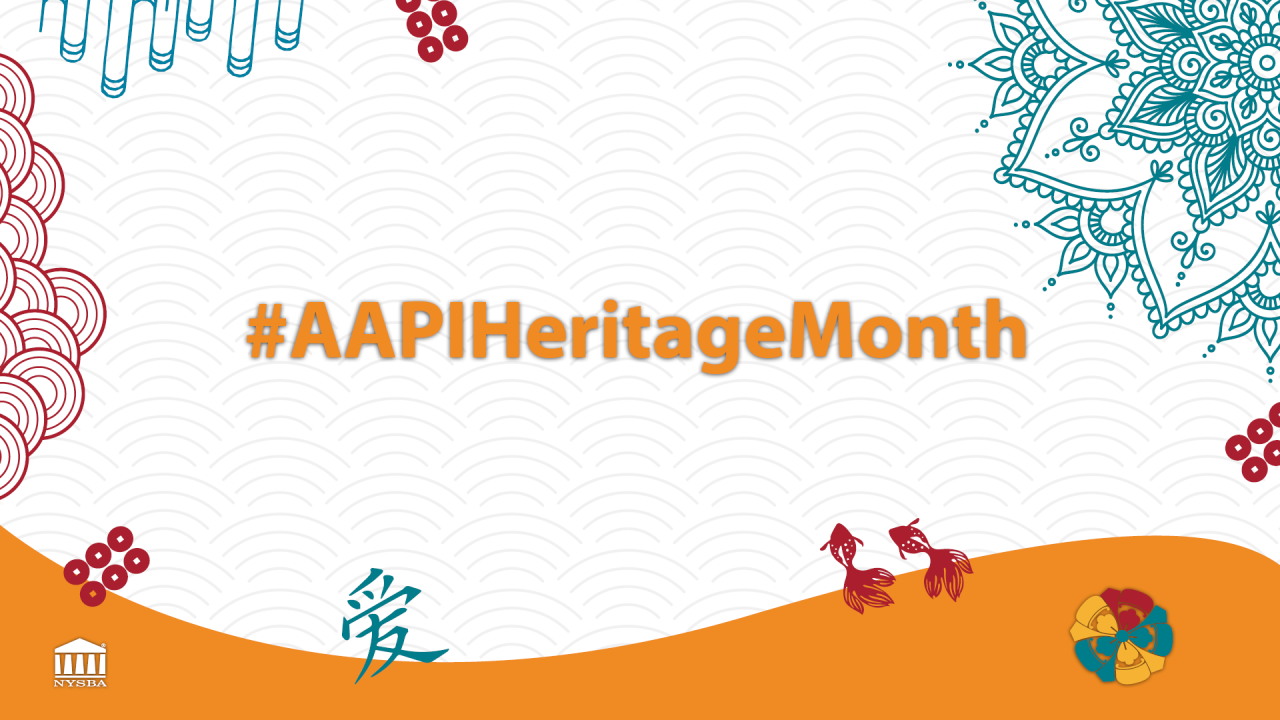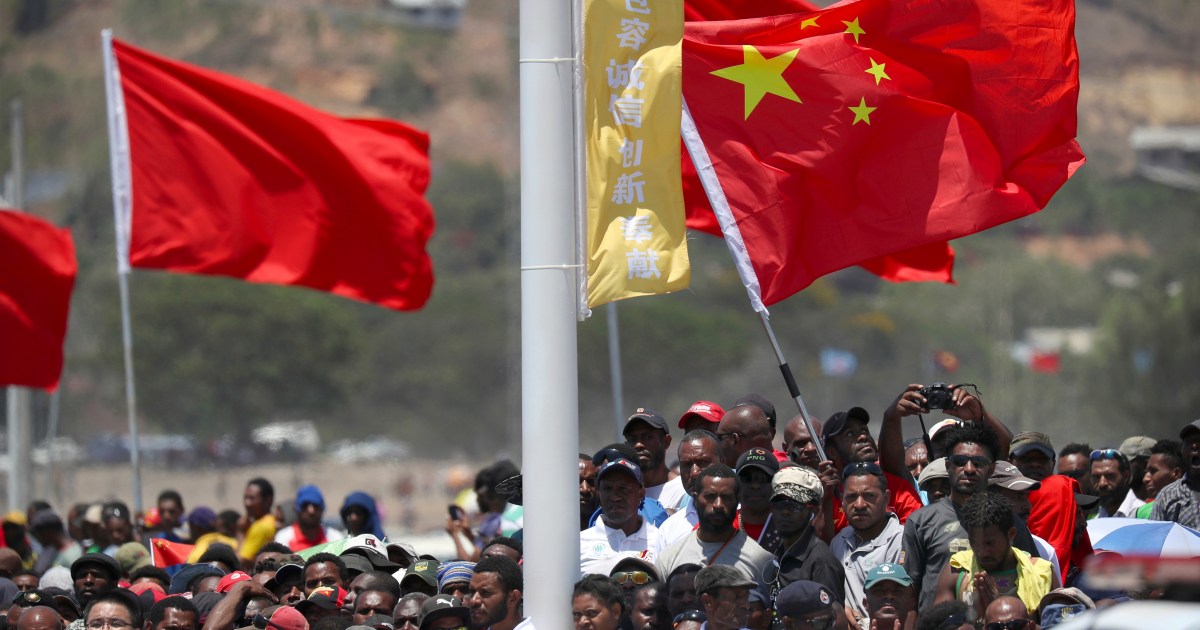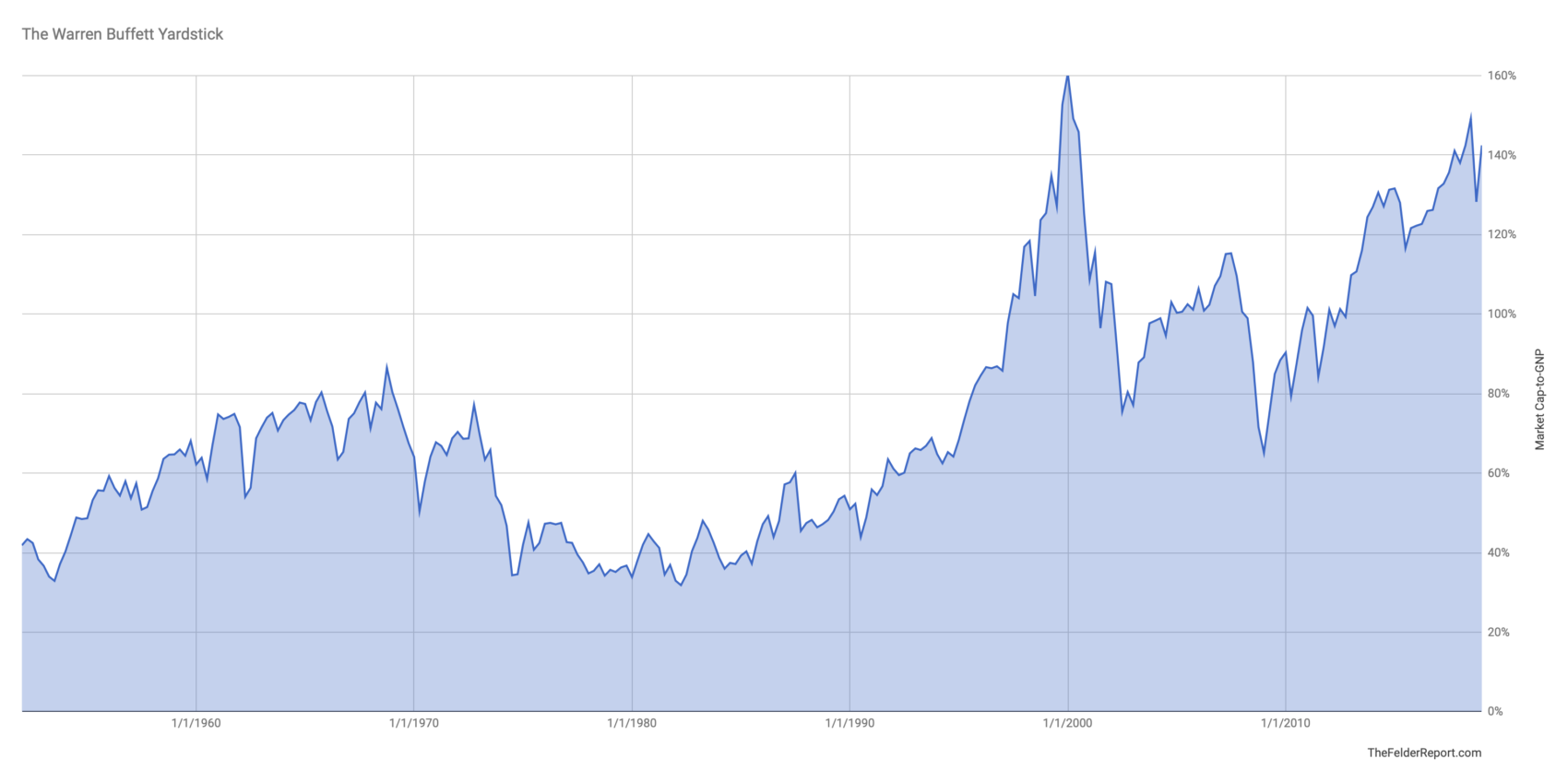Life Under Blockade: Hunger, Disease, And Crime Ravage Gaza

Table of Contents
The Crushing Weight of Hunger in Gaza
The Gaza blockade has strangled the territory's economy, leading to widespread food insecurity and malnutrition. The severe limitations on the import of food and essential agricultural inputs have created a desperate situation for many families.
Food Insecurity and Malnutrition
The restrictions imposed by the Gaza blockade severely limit access to nutritious food. This has resulted in alarming rates of malnutrition, particularly affecting children and vulnerable populations.
- Limited access to fresh produce: The blockade restricts the import of fresh fruits and vegetables, forcing many to rely on cheaper, less nutritious alternatives.
- Dependence on cheaper, less nutritious food: The high cost of imported food and limited local production mean that many families are forced to rely on inexpensive, calorie-dense but nutrient-poor foods.
- Rising food prices: The blockade has driven up food prices, making it increasingly difficult for families to afford adequate nutrition.
- Insufficient caloric intake: Many Gazans, especially children, are not consuming enough calories to meet their basic nutritional needs, leading to stunted growth and increased susceptibility to disease.
According to UN reports, malnutrition rates among children in Gaza are significantly higher than the global average. Families describe struggling to provide even one meal a day, relying on meager rations and handouts from aid organizations.
Impact on Agriculture and Livelihoods
The Gaza blockade doesn't just impact food imports; it cripples local agricultural production as well. Restrictions on the import of seeds, fertilizers, and agricultural equipment have devastated the agricultural sector, further exacerbating food shortages.
- Destruction of farmland: Israeli military actions and the construction of the separation barrier have destroyed significant tracts of arable land, reducing agricultural productivity.
- Loss of fishing opportunities: Restrictions on fishing zones severely limit the income of fishermen, a crucial source of livelihood for many coastal communities.
- Limited access to markets: The blockade restricts the movement of goods, preventing farmers from easily accessing markets to sell their produce.
Farmers recount tales of hardship, witnessing their fields wither and their livelihoods destroyed due to the constraints of the Gaza blockade. The inability to cultivate and sell their produce contributes significantly to the overall food insecurity crisis.
The Spread of Disease and Limited Healthcare Access in Gaza
The Gaza blockade has created a public health crisis, contributing to the spread of disease and severely limiting access to healthcare. The lack of essential resources and the restrictions on movement have devastating consequences for the population's health.
Water and Sanitation Crisis
The inadequate water and sanitation infrastructure in Gaza, exacerbated by the Gaza blockade, fuels the spread of waterborne diseases.
- Contaminated water sources: Many water sources are contaminated, leading to outbreaks of cholera, typhoid, and other waterborne illnesses.
- Inadequate sewage systems: Overburdened and poorly maintained sewage systems contribute to the contamination of water sources and the spread of disease.
- High rates of waterborne illnesses: The prevalence of waterborne diseases places an immense strain on the already overburdened healthcare system.
The lack of clean water and sanitation is a daily struggle for many Gazans, directly resulting in widespread disease outbreaks and preventable deaths.
Limited Medical Supplies and Healthcare Workers
The Gaza blockade restricts the import of essential medicines, medical equipment, and limits the movement of healthcare professionals, creating a dire healthcare situation.
- Shortages of essential drugs: Hospitals and clinics often lack essential medications for treating chronic diseases and emergency situations.
- Lack of specialized medical equipment: The lack of advanced medical technology makes it difficult to diagnose and treat complex medical conditions.
- Brain drain of healthcare professionals: Many skilled healthcare professionals have left Gaza due to the difficult working conditions and limited opportunities.
These shortages directly impact the quality of healthcare provided, increasing mortality rates and exacerbating the suffering of the Gazan population. Access to even basic healthcare is a luxury for many.
The Rise of Crime and Violence Under the Gaza Blockade
The Gaza blockade has created an environment of economic hardship and desperation, contributing to a sharp increase in crime and violence. The lack of opportunities and the oppressive conditions fuel social unrest and instability.
Economic Hardship and Desperation
The economic consequences of the Gaza blockade are devastating, fueling desperation and driving people towards criminal activities.
- High unemployment rates: The blockade has caused widespread unemployment, leaving many without a source of income.
- Poverty: High levels of poverty force many into survival strategies that may involve illegal activities.
- Lack of economic opportunities: The limited economic activity within Gaza provides little hope for a better future, pushing some towards crime.
- Increased crime rates: The combination of poverty, unemployment, and lack of opportunities has led to a significant increase in various types of crime.
The economic consequences of the Gaza blockade are a direct driver of the rise in crime and violence, creating a vicious cycle of hardship and instability.
Social Unrest and Political Instability
The Gaza blockade exacerbates existing social tensions and contributes to political instability, further increasing the potential for violence.
- Political division: Political divisions within Gaza further complicate the situation, hindering efforts to address the underlying problems.
- Lack of hope for the future: The prolonged blockade creates a sense of hopelessness and despair among the population.
- Increased frustration and anger: The constant restrictions and hardships fuel frustration and anger, increasing the likelihood of social unrest and violence.
The political climate, already fraught with tension, is further destabilized by the Gaza blockade, creating an environment ripe for conflict and violence.
Conclusion
The Gaza blockade is a humanitarian catastrophe. The prolonged siege has created a perfect storm of hunger, disease, and crime, devastating the lives of countless Gazans. The international community must act decisively to lift the blockade, ensuring the free flow of essential goods, humanitarian aid, and medical supplies. Addressing the underlying causes of the crisis through sustainable development initiatives and political solutions is critical. Only then can we begin to heal the wounds inflicted by the Gaza blockade and build a brighter future for the people of Gaza. We must demand an end to the suffering caused by the Gaza blockade and work towards a just and lasting solution, ensuring the rights and well-being of the Gazan people are prioritized. Let's end the Gaza blockade and build a path towards peace and prosperity.

Featured Posts
-
 More Than Representation Achieving Accurate Portrayals Of Asian And Asian American Experiences In Media
May 11, 2025
More Than Representation Achieving Accurate Portrayals Of Asian And Asian American Experiences In Media
May 11, 2025 -
 Understanding Chaplins Role In Ipswich Towns Wins
May 11, 2025
Understanding Chaplins Role In Ipswich Towns Wins
May 11, 2025 -
 China Sends Security Chief For Exclusive Trade Discussions With The U S
May 11, 2025
China Sends Security Chief For Exclusive Trade Discussions With The U S
May 11, 2025 -
 Salinda And Velo Post 58 Seize First Round Lead At Zurich Classic
May 11, 2025
Salinda And Velo Post 58 Seize First Round Lead At Zurich Classic
May 11, 2025 -
 Addressing High Stock Market Valuations A Bof A Perspective
May 11, 2025
Addressing High Stock Market Valuations A Bof A Perspective
May 11, 2025
